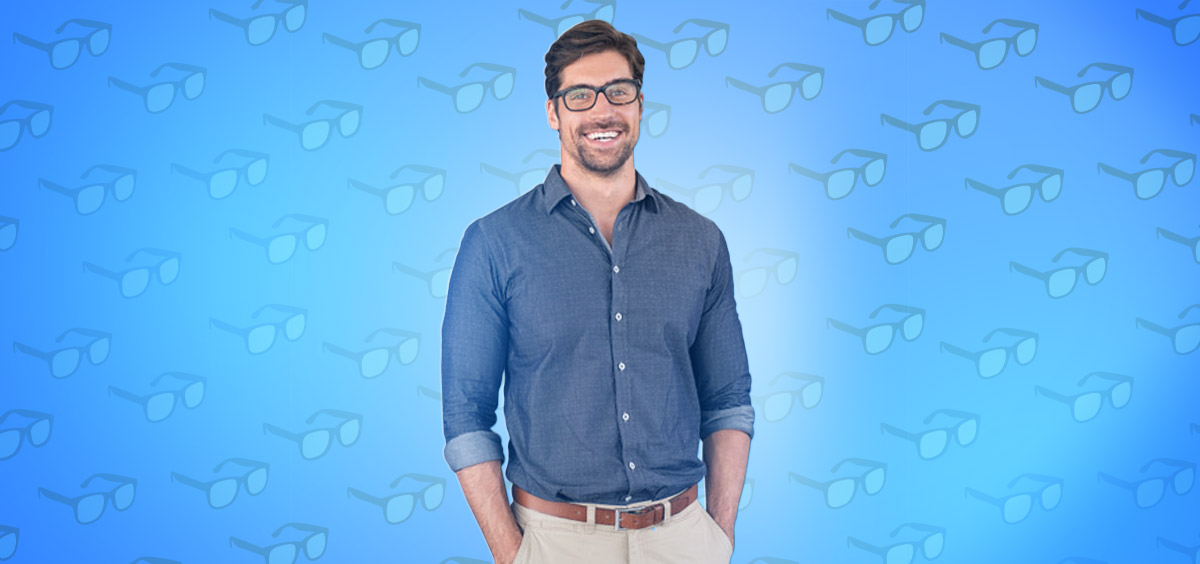
One of the growth stories to come out of 2020 is Warby Parker, affordable eyewear provider. Offering customers an amazing in-home experience for purchasing prescription glasses and contacts, Warby Parker received a $3 billion valuation. Recently interviewed on NPR’s “How I Built This” podcast, the founders go over some of their early days and what led them to such stratospheric growth and scalability.
One striking part of the conversation is about 20 minutes into the podcast where one of the Founders admits he “remembers waking up every morning with a laptop on my chest because I fell asleep responding to customer emails”. The founders took time to listen and reply to all feedback, negative or positive, from their customers. Their initiative to set a foundation for being human with customers created a solid customer-centric model moving forward. This was especially effective with those customers who were upset or had a complaint, making them feel they were actually being listened to.
“I think we also learned a lot of important lessons in terms of being empathetic to customers. All four of us Founders reached out to everyone on our wait list that had bad experiences.” The founders made sure that each client had a voice, and provided them with direct access to a human. “Do-Not-Reply@warbyparker.com” does not exist at Warby Parker, and to this day they use
help@warbyparker.com for all of their outbound messages, which is the same email address as their helpdesk. What message does this send to an upset customer? Or better question: what message does “Do-Not-Reply” send to your customers that have valuable feedback to provide?
Another founder mentioned how their “customer experience team went from one person to now about a hundred fifty people.” Warby Parker made experience central to their success and never let their foot off of the accelerator. They quickly learned two fundamental rules from their feedback:
- “First, we know that some people want to touch and feel the glasses” confirming that the Home Try-On program was part of their brand experience.
- “Second, if you deliver an unexpected experience, like going to someone’s house, or more important, seeing behind the scenes at a startup, that leads to a conversation and connection, that brands can build relationships with customers just like human beings can build relationships. And that’s through vulnerability. So, if we’re showing our warts, that’s okay, whereas conventional wisdom is that brands have to be super polished.”
Does your brand listen to your customers? Do you encourage feedback, or do you send “do-not-reply” emails to customers? The Warby Parker NPR Podcast shows us how a brand can get to a $3B valuation by demonstrating to customers not only does it listen to feedback, but humans are on the other end of the feedback, empathically responding to their satisfied and unsatisfied customers.
